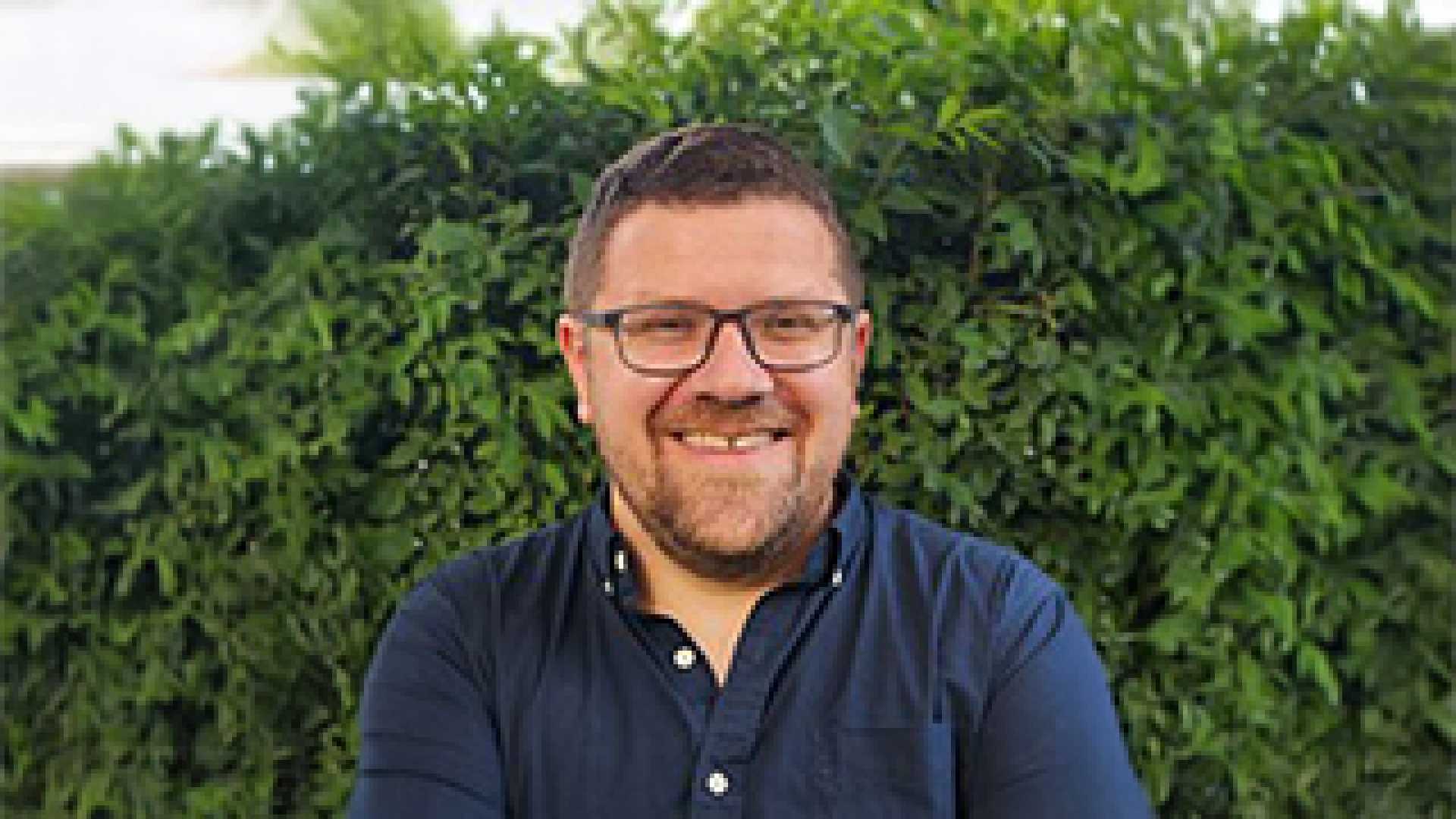Education
Seton Hall Professor Receives Prestigious Fellowship from KITP

South Orange, New Jersey – An assistant professor in the Physics department at Seton Hall University has recently been awarded a prestigious fellowship from the Kavli Institute for Theoretical Physics (KITP) at the University of California, Santa Barbara. This honor reflects not only personal achievement but also the supportive academic environment at Seton Hall, which Morse describes as his academic home.
Morse emphasizes the importance of Seton Hall’s commitment to teaching and student success. “We’re a place that has always been deeply committed to teaching and to our students’ success,” he stated. Over the years, the university has expanded its research initiatives significantly, aligning with the goals of the KITP Scholar Program.
The KITP fellowship is specifically aimed at faculty from primarily undergraduate institutions like Seton Hall, which are cultivating research cultures centered around student engagement. “The KITP program is meant to help faculty integrate more fully into the broader research community,” Morse explained.
He credits much of his success to guidance from his faculty mentor, Professor of Physics and Department Director, who assisted him in refining his application and aligning it with his long-term research strategy. “He helped me think through which grants and opportunities to pursue,” said Morse.
Support from other faculty members, including the department chair and the dean of the College of Arts and Sciences, has also been vital. “This institutional backing is building the Physics program’s future as much as my own career,” Morse noted.
Morse’s work has immediate implications for students. His involvement in the APS Global Summit has already resulted in opportunities for Seton Hall undergraduates, Maxwell Flores and Collin Doyle, to present at the upcoming 2026 summit. “I would like them to see these conferences not just as places to give a talk, but as networks that can open doors,” he shared.
Looking ahead, Morse intends to bring student-focused projects back from his fellowship. His first presentation in Santa Barbara will highlight Flores’ work regarding the jamming transition, in collaboration with researchers from Duke University and Sapienza University of Rome. “This is a concrete example of how these networks can help a student’s project grow,” he said.
Morse is working to expand partnerships for student success and is actively seeking funding to facilitate student opportunities in Europe. “We’re continuing to build research projects that students can join,” he emphasized.
The significance of the KITP fellowship cannot be overstated, according to Morse. “For a department that prizes teaching and is accelerating its research like us, this fellowship turns access into impact,” he concluded.












